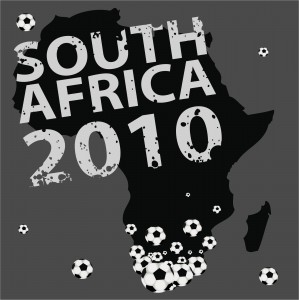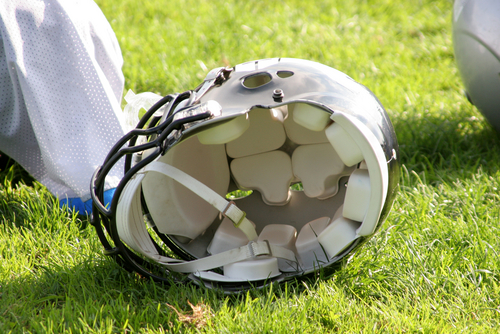
This year’s World Cup will be held in South Africa, with up to half a million visitors expected to flock to the country. That means big money for much of South Africa’s businesses, and it also means big business for the country’s sex workers.
This poses many problems, the most worrisome, however, is that up to half of the area’s prostitutes are carrying HIV.
Eric Harper, director of the Cape Town-based Sex Worker Education and Advocacy Taskforce (SWEAT), told CNN that the World Cup would inevitably lead to a demand for sex workers.”And where there’s demand there will be a supply,” Harper told CNN. “It could be a potential recipe for disaster both for the clients and the sex workers,” he added. Harper told CNN that while there are no accurate figures for the number of sex workers in South Africa, his organization believes there are 3,000 in Cape Town alone.
The above article references a 2005 University of Michigan study that found that 46% of female sex workers in Johannesburg had HIV. Though that amounts to one scary statistic, authorities are also worried about the possible spread of other STDs, the chance of unwanted pregnancies and the threat of rape.
Currently, prostitution is illegal in South Africa. Some are calling for the legalization of the crime to help curb the spread of the disease.
It seems these pro-prostitution advocates are taking their example from the well-known Red Light District of Amsterdam. There, prostitution is indeed legal and those employed in the lucrative industry are rigorously tested and protection is used to ensure the safety of both parties. And as with all legal industries, it is taxed.
Should South Africa decriminalize prostitution to help tackle the spread of HIV? One might think so. It has been well documented that HIV has had a serious impact on the country’s economy. South Africa has the chance to turn one extremely risky, illegal occupation to a revenue-generating, safe industry. What do you think?

